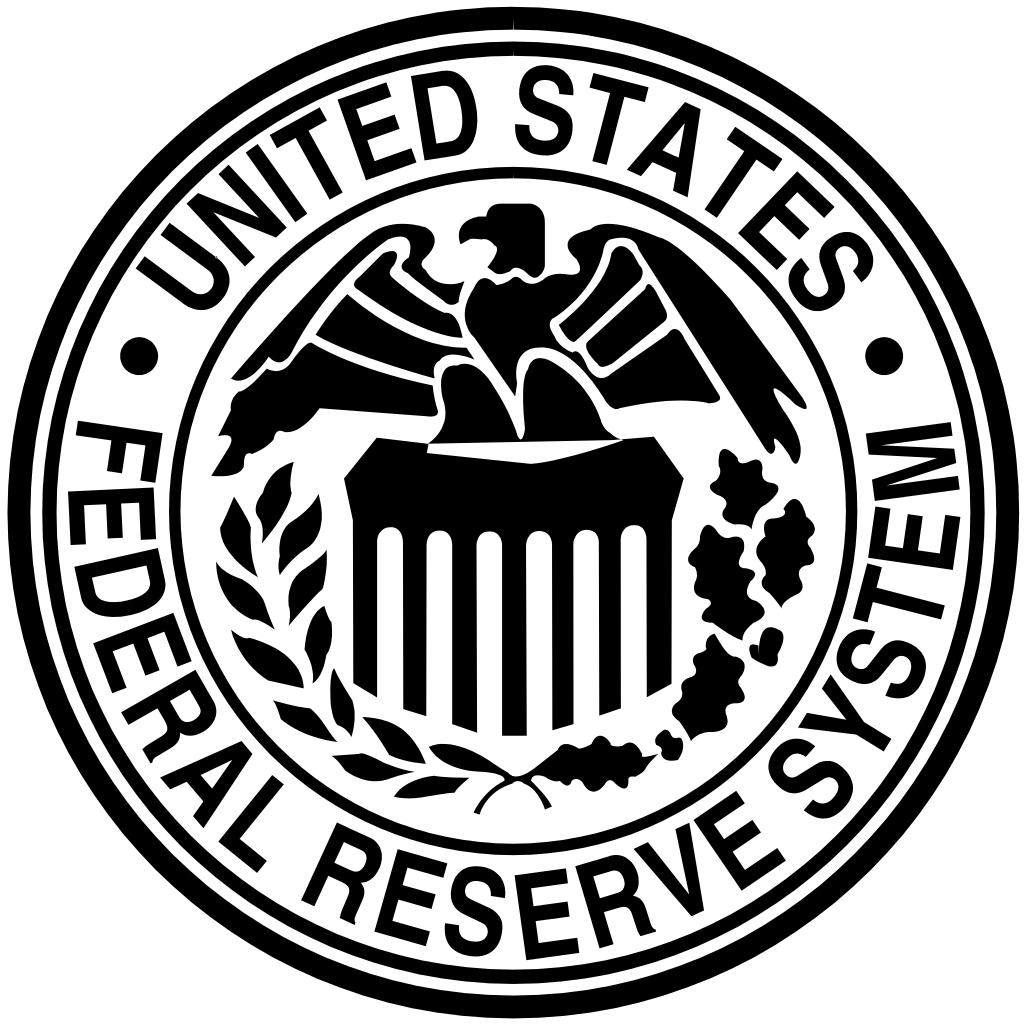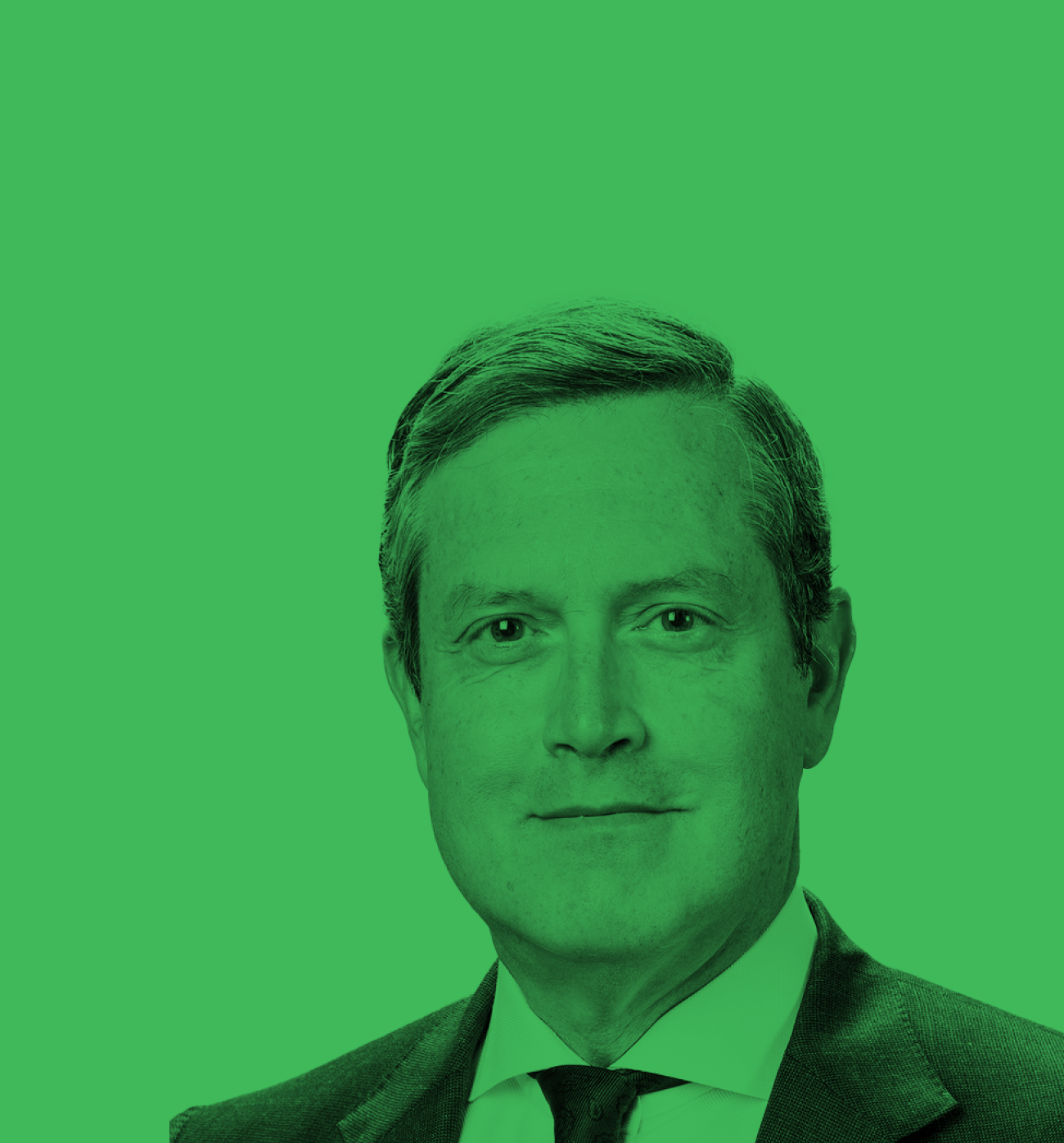The
Future Of Money
In this episode of The Future Of, Randal Quarles, former Vice Chairman for Supervision, Board of Governors of the Federal Reserve System, joins host Jeff Dance to discuss the future of money. They unveil the role of the Federal Reserve, the impact of cryptocurrency on the market, and the importance of FinTech in making the financial system more efficient.
In this episode of The Future Of, Randal Quarles, former Vice Chairman for Supervision, Board of Governors of the Federal Reserve System, joins host Jeff Dance to discuss the future of money. They unveil the role of the Federal Reserve, the impact of cryptocurrency on the market, and the importance of FinTech in making the financial system more efficient.
In this episode of The Future Of, Randal Quarles, former Vice Chairman for Supervision, Board of Governors of the Federal Reserve System, joins host Jeff Dance to discuss the future of money. They unveil the role of the Federal Reserve, the impact of cryptocurrency on the market, and the importance of FinTech in making the financial system more efficient.
 The Critical Role of Money and Financial Regulations
The Critical Role of Money and Financial Regulations
In its essence, money is more than just cash or digital currency; it’s a powerful and multi-dimensional tool in the economy, which serves three critical functions. As a unit of account, it provides a standard measure for valuing goods and services. As a store of value, money retains its worth over time. As a medium of exchange, it simplifies the buying and selling of goods and services.
This complex nature of money is what guides financial and banking regulations. While they might seem focused on financial institutions, regulations are all about preserving the integrity of money. By ensuring that banks maintain enough capital and liquid assets, regulators aim to preserve money’s value and reliability, protecting the economy’s stability and efficiency.
The Fed’s Evolving Role and Power in the Global Economy
The Federal Reserve (Fed) is the U.S. central bank that plays a vital and evolving role in the nation’s economy. Initially established to provide liquidity and prevent bank runs, the Fed now regulates the financial system, controls monetary policy, and has emergency powers, originally granted during the Great Depression, which have been employed during the 2008 financial crisis and the COVID-19 pandemic.
Fed’s evolution has elevated its influence, making its decisions critical for the global economy. However, there is growing concern about the Fed’s big role and exceeded potential, especially regarding its emergency powers, which could bypass Congress’ fiscal authority. As a result, this raises questions about the Fed’s future role and governance, reflecting broader uncertainties in the financial and political domains.
Crypto 1.0, Stablecoins, and CBDCs
In the dynamic landscape of cryptocurrency, three main types have emerged: traditional cryptocurrencies like Bitcoin and Ethereum, known as crypto 1.0; stablecoins, which are digital currencies anchored to traditional assets, offering more stability; and central bank digital currencies (CBDCs), issued by central banks using distributed ledger technology.
Crypto 1.0 tends more towards speculative investment rather than a practical currency. In contrast, stablecoins provide a better store of value and unit of account, making them promising for both international and domestic financial transactions due to their efficacy and lower costs. While CBDCs have great potential, their global impact remains uncertain. Regulatory concerns mainly revolve around ensuring stablecoins maintain value and function effectively as a medium of exchange.
Balancing Innovation and Stability in Digital Currency
When it comes to the evolving digital currency and payments landscape, it’s essential to address the challenges of speed, cost, and structural integrity. Randal advocates for a balanced approach where regulations play a key role in ensuring stability and value retention, especially in the case of stablecoins and digital currencies.
The government’s suspicion and cautious stance, partially determined by incidents like the failure of FDX, can be relieved by establishing a clear regulatory framework, which should address concerns about the nature and stability of this new financial instrument as well as encourage innovation. When clearly defined and implemented, innovation guides technological progress in a sustainable and beneficial direction.
The Future of Finance
The global financial landscape will experience significant changes in the next 10-20 years. Interest rates are unlikely to return to the historically low levels of the past decade, leading to a shift towards higher costs of borrowing and potential refinancing challenges. Despite the rapid digitization of finance, the demand for physical cash is expected to remain strong worldwide, driven by its stability and preference in many markets. Moreover, the evolution of FinTech will enhance the efficiency of financial systems, mainly through consumer-facing applications, while banks maintain their fundamental role, supported by new technologies.



